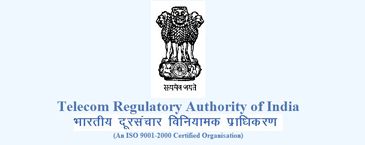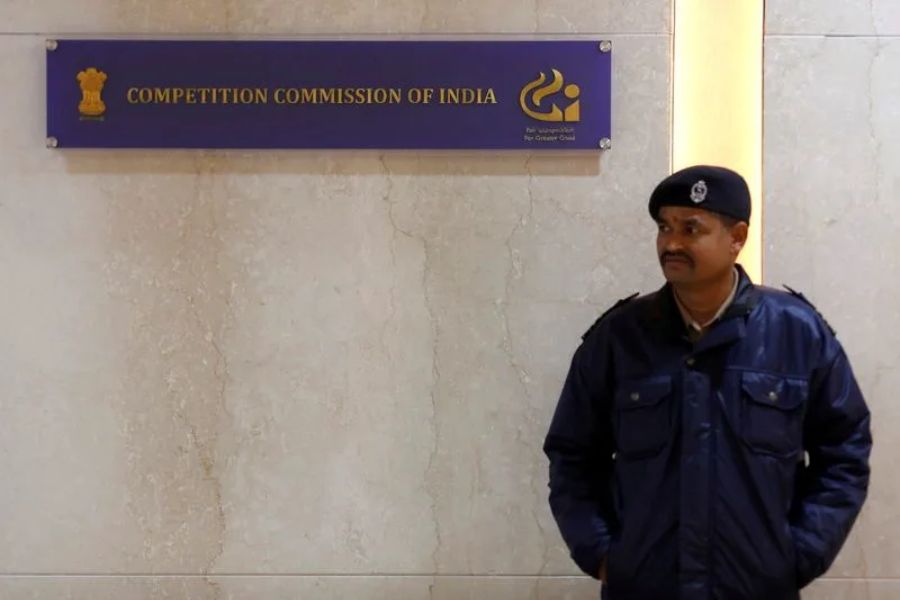The Telecom Regulatory Authority of India (TRAI) has issued its final recommendations on issues relating to entries of certain entities such as state governments, urban and local bodies, 3-tier panchayati raj bodies, publicly funded bodies, political bodies and religious bodies into broadcasting and distribution activities such as DTH, cable etc.
Currently these bodies are not allowed to enter into broadcasting activities and TRAI has recommended retaining the present position for all these entities. For political parties, TRAI has advised that broadcasting channels provide "reasonable access" to recognised political parties during the run up to elections.
TRAI has also recommended that certain public service broadcasting obligations be imposed on the broadcasters in the country. The public service content can be created by private broadcasters, NGOs, social action groups in addition to Prasar Bharati, DAVP and state governments.




